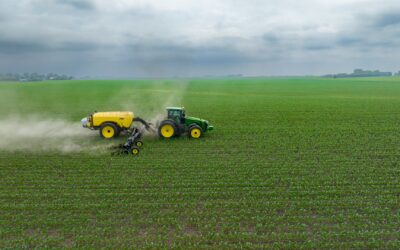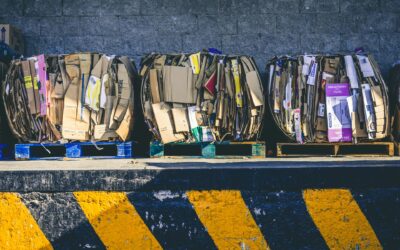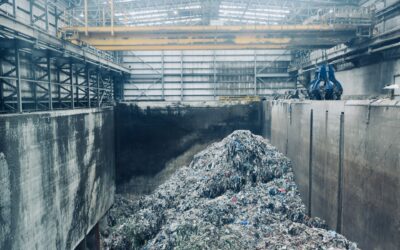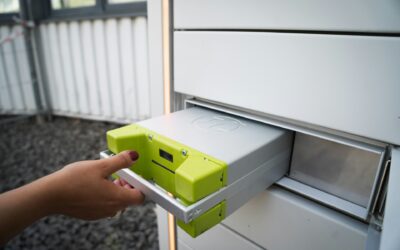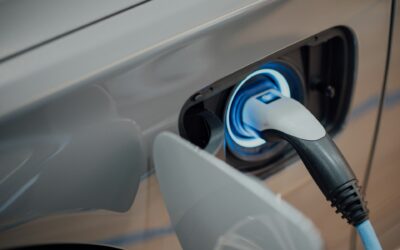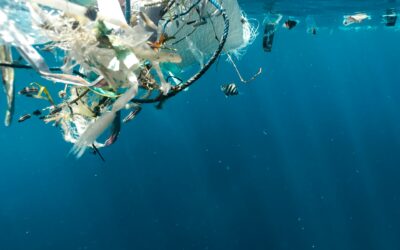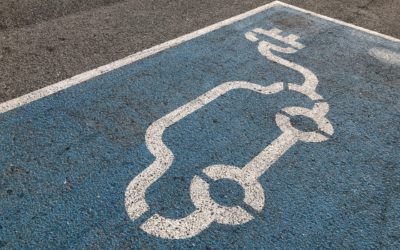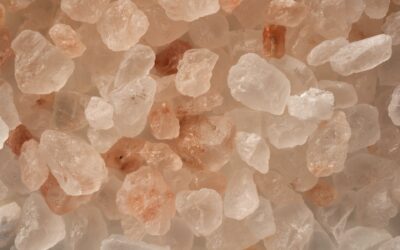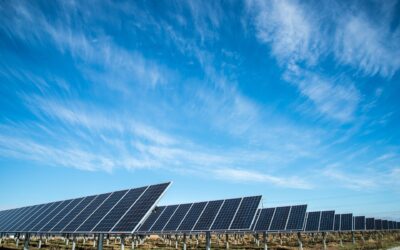Circular economy
ecological processes
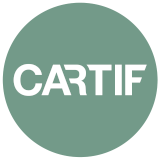
RESEARCH AREAS
Circular Economy
Description
The Circular Economy, in addition to a global concept on which the main efforts of society are based, is one of the areas in which CARTIF has been working very hard for many years.
The efforts of this area are focused on eradicate the typical linear point of view on processes (and therefore on the economy), favoring a circular approach based on promoting the zero waste concept, through the sustainable management of residual streams and by-products, as well as the Research in new product alternatives.
These activities include, among others, the valorization of waste, favoring techniques of minimization, reuse and advanced treatments of effluents or the minimization of polluting air emissions.
Research Lines
- Design and development of biological processes for organic waste treatment:anaerobic (co)digestion with/without pre-treatment, microalgae, dark fermentation and bio-electrochemical processes.
- Development of separation/upgrading technologies for gaseous mixtures.
- Design and development of thermochemical processes for the treatment of organic waste (biomass and plastics).
- Design of residues pretreatment strategies (lignocellulose and others).
- Development of depolimerization of plastics processes: obtaining monomers and gases.
- Development of composite valorization technologies: fibre recovery.
- Recovery of nutrients of residual currents and second life cycle as fertilizers (struvite, digestate, biologically stabilised manure).
- Reuse of water: advanced treatments for the removal of emerging and recalcitrant pollutants.
- Research on metal recovery processes from batteries, brine, electronic and other waste streams and equipment.
Patents
- EP14380020: Surface treatment of asphalt road pavements with a photocatalitic composition for the abatement at atmospheric pollutants.
Networks and Platforms
- AESSGAN: Asociación Empresarial Small Scale Gas Natural
- AIF: Asociación Ibérica de la Fotocatálisis.
- A.SPIRE: A.SPIRE.
- AVEBIOM: Asociación Española de Valorización Energética de la Biomasa
- BEPA: Batteries European Partnership Association
- BIOPLAT: Plataforma Española de la Biomasa
- EERA: European Energy Research Alliance.
- EIP-Raw Materials: EIP on Raw Materials. Commitments MetGrow & C&D-WRAM (Action Area I.4 & I.5 respectivamente).
- EIP-Water: EIP on Water Action Group on Water reuse and recycling (ID AG045).
- PTEA: Plataforma Tecnológica Española del Agua
- SERNAUTO: Asociación Española de Proveedores de Automoción
Publications
- Hidalgo, D. (2023). Tecnologías (Bio) electroquímicas: Avances sostenibles en el tratamiento de aguas.
- Hidalgo, D., Martín-Marroquín, J. M., & Corona, F. (2019). A multi-waste management concept as a basis towards a circular economy model. RENEWABLE AND SUSTAINABLE ENERGY REVIEWS, 111, 481-489.
- Hidalgo, D., López, F., Corona, F., & Martín-Marroquín, J. M. (2019). A novel initiative to counteract illegal dumping in rural areas of Valladolid Province (Spain). ENVIRONMENTAL SCIENCE AND POLLUTION RESEARCH, 1-8.
- Gómez, M., Corona, F., & Dolores Hidalgo, M. (2019). Variations in the properties of leachate according to landfill age. DESALINATION AND WATER TREATMENT, 159, 24-31.
- Hidalgo, D., & Martín-Marroquín, J. M. (2019). Adding sustainability to the beverage industry through nature-based wastewater treatment. In Processing and Sustainability of Beverages (pp. 1-36). Woodhead Publishing.
- Hidalgo, D., Mussons, M. L., Martín-Marroquín, J. M., & Corona, F. (2018). Combined Remediation and Protein Production Using Microalgae Growth on Waste Bakery Products. WASTE AND BIOMASS VALORIZATION, 9(12), 2413-2422.
- Martín Marroquín, J. M. (2018). Valorización de residuos agroalimentarios y ganaderos mediante digestión anaerobia. Codigestión de residuos de tratamiento de aceites vegetales usados por purín porcino. Tesis doctoral. Uni. de Valladolid.
- Hidalgo, D., Martín-Marroquín, J. M., & Corona, F. (2018). The effect of feed composition on anaerobic co-digestion of animal-processing by-products. JOURNAL OF ENVIRONMENTAL MANAGEMENT, 216, 105-110.
- Hidalgo, D., Martín-Marroquín, J. M., Corona, F., & Juaristi, J. L. (2018). Sustainable vacuum waste collection systems in areas of difficult access. TUNNELLING AND UNDERGROUND SPACE TECHNOLOGY, 81, 221-227.
- Corona, F., Hidalgo, D., Díez, D. & Urueña, A. (2018). Procesos termoquímicos: alternativa sostenible de valorización de residuos. DYNA Ingeniería e Industria, 93(1), 14.
- Hidalgo, D., Martín-Marroquín, J. M. & Corona, F. (2018). La gestión de los residuos biodegradables en el marco de la economía circular. DYNA Ingeniería e Industria, 93(2).
- Hidalgo, D., Antolín, G., Castro, J., Martín-Marroquín J., Corona, F., Urueña, A., Díez, D., et al. (2019). Desarrollo de modelos logísticos optimizados para la recolección y concentración de residuos de biomasa. 1-155. Edita CARTIF. ISBN: 978-84-09-13238-6.
- Hidalgo, D., Corona, F., Martín-Marroquín J. (2019). Simbiosis entre la industria y la agricultura a través del reciclado de nutrientes. Revista Industria-Ambiente, 25, 30-35. ISSN: 2340-2121.
- Verdugo F. (2019). Fibra de vidrio recuperada como materia prima de pavimentos asfálticos. Revista FuturEnviro, 71-74. ISSN: 2340-2628.
- Hidalgo, D., López, F., Corona, F., Martín-Marroquín, J.M. (2018). Una iniciativa novedosa para la recuperación y restauración de escombreras ilegales en áreas rurales. Revista Industria-Ambiente, 21, 32-38. ISSN: 2340-2121.
- Hidalgo at al. (2018). Claves para el éxito de los proyectos de innovación en economía circular. Libro Economía Circular. 1-66. Edita CONAMA.
- Hidalgo, D., Martín-Marroquín, J., Corona, F., Sanz-Bedate, S., Panaretou, V., Malamis, D., Tsouti, C., Moustakas, K., Loizidou, M. (2018). Nuevos modelos de gestión de residuos municipales que fomentan el reciclaje. Revista Equipamiento y Servicios Municipales, 35 (186), 30-33. ISSN: 1131-6381.
- Hidalgo, D., Antolín, G., Alvarellos, I., Remor, P., Martín-Marroquín J., Corona, F., Urueña, A., Díez, D., et al. (2018). Actualización del estado del conocimiento en aprovechamiento de biomasa para producción de biogás en la Región Iberoamericana. 1-127. Edita CARTIF. ISBN: 978-84-09-07533-1.
- Hidalgo, D., Antolín, G., Alvarellos, I., Remor, P., Martín-Marroquín J., Corona, F., Urueña, A., Díez, D., et al. (2018). Diagnóstico de los recursos de biomasa disponibles en Iberoamérica. 1-148. Edita CARTIF. ISBN. 978-84-09-07532-4.
- Martín-Marroquín, Hidalgo, D., Corona, F. (2018). Tecnología de microalgas para el tratamiento de efluentes de procesado de frutas y verduras. Revista de la Plataforma Tecnológica Española del Agua IDIAGUA, 1, 34-35. ISSN: 2605-1214.
- Hidalgo, D., Martín-Marroquín, J.M., Garrote, L., Gómez, M., Corona, F. (2018). Microalgas para el tratamiento de efluentes de procesado de frutas y verduras. RETEMA (Revista Técnica del Medio Ambiente), 207, 42-46. ISSN: 1130-9881.
Reference clients:
Team
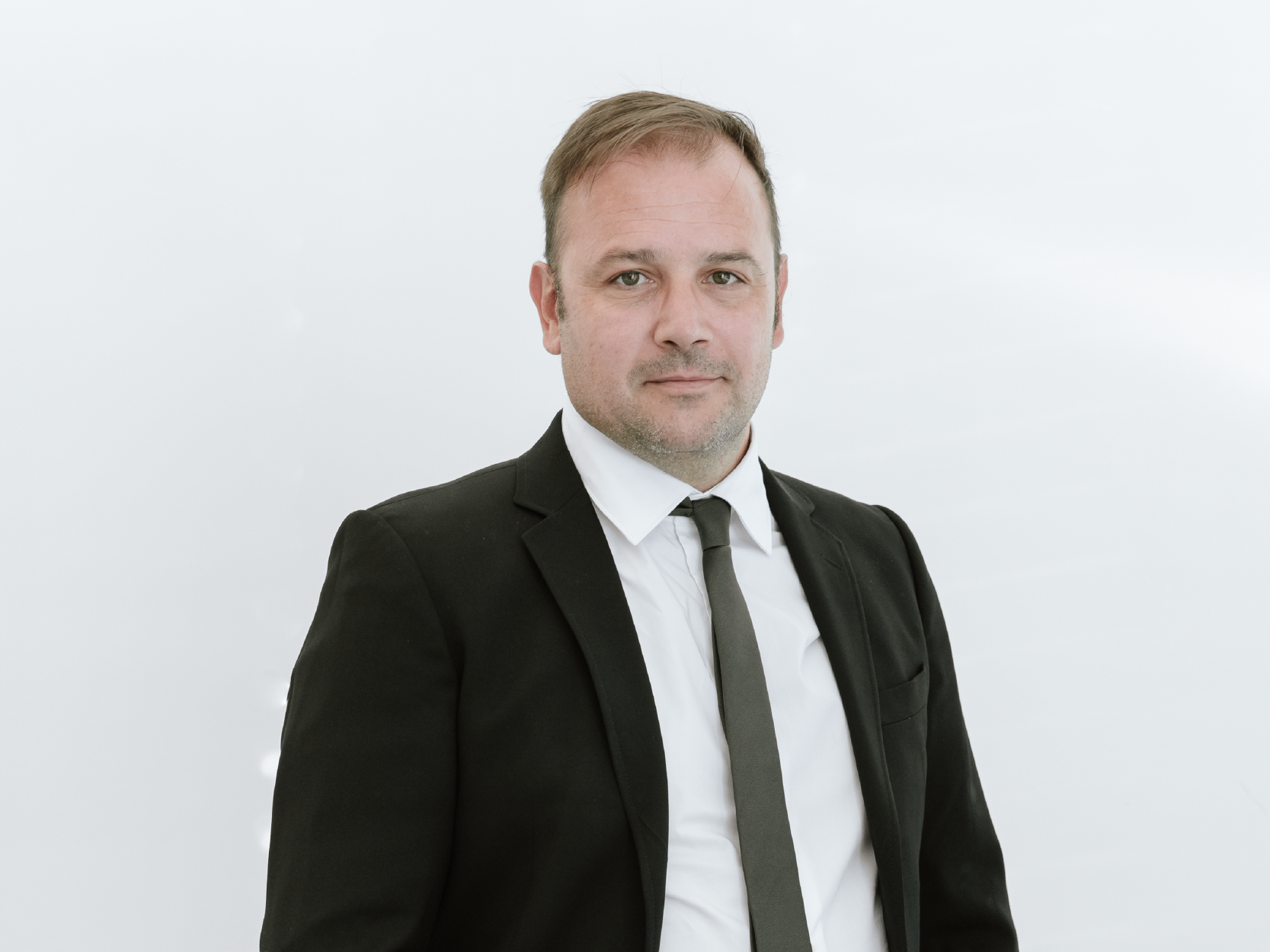
Alberto Moral Quiza
Head of Agrifood & Processes Division
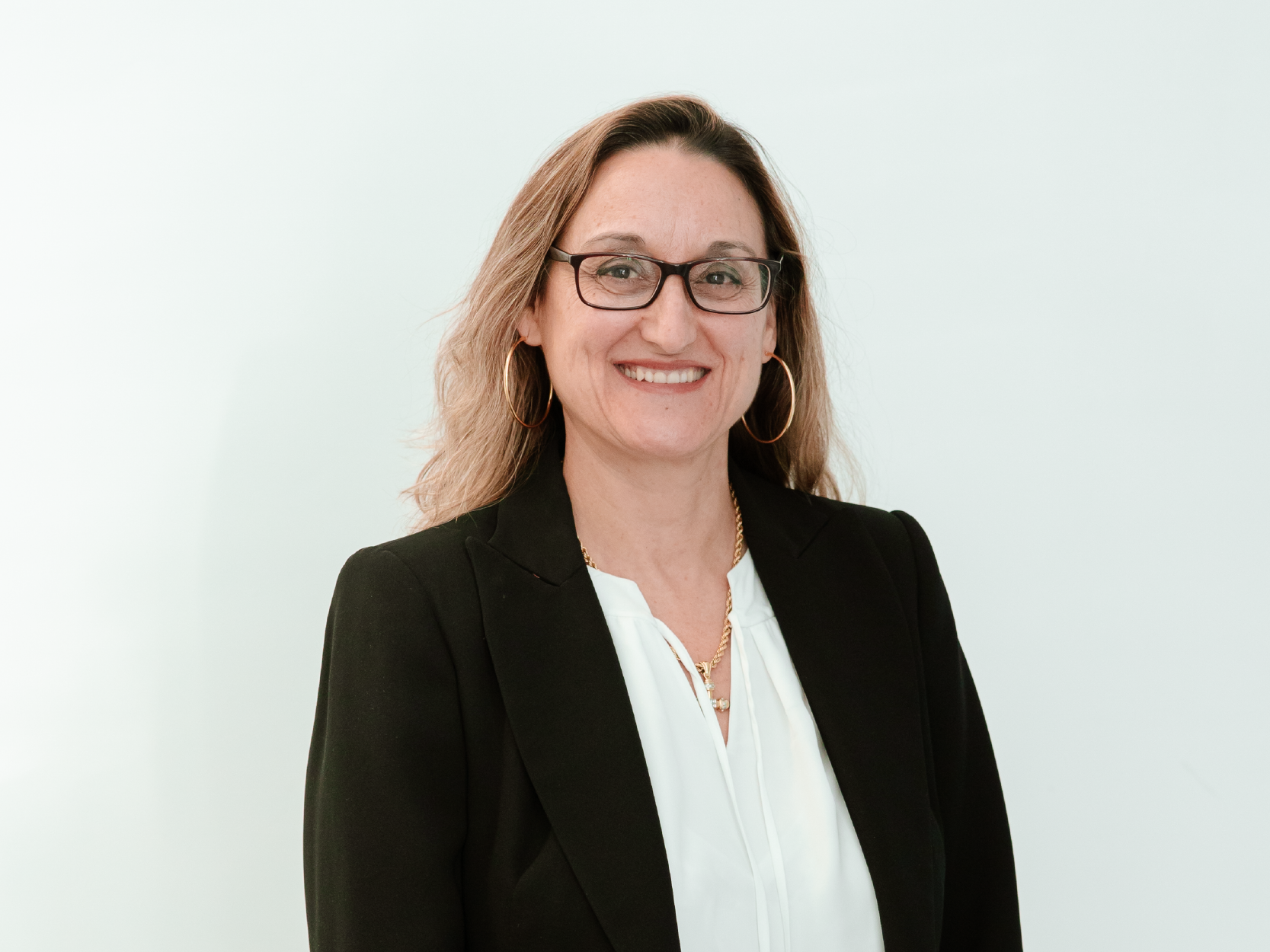
Dolores Hidalgo Barrio
Head of Circular Economy Area
Related projects
FERTICOVERY
FertiCovery aims to identify and analyze technologies for recycling fertilizers from secondary raw materials, promoting balanced nitrogen and phosphorus flows while enhancing soil health within ecological limits
UNITED CIRCLES
United Circles seeks to transform various types of urban waste into useful resources by applying the concept of industrial-urban symbiosis.
ICARUS
ICARUS will represent a breakthrough in the research and demonstration of new technologies to upgrade Secondary Raw Materials ensuring similar quality as primary raw materials, of three waste streams to improve circular economy principles in several intensive industries with its implementation in the construction sector
Lifetime characterisation, safety and recycling processes in batteries
CARTIF Projects Lifetime characterisation, safety and recycling processes in batteriesDescriptionThe general objective of this action is to develop technologies and strategies to improve the characterisation of the useful life of batteries, increase their safety and...
Efficient recovery of metals from spent EV batteries
The project focuses on the recovery of critical metals present in the cathode of spent electric vehicle battery cells, through a more environmentally sustainable process, for their future reintroduction into the value chain.
PROBIO
The general objective of the PROBIO project is to work on broadening the spectrum of substrates that can be treated in fermentation processes for the production of renewable gases (biohydrogen and biomethane) and biocompounds of interest (volatile fatty acids).
BATERURGIA
BATERURGIA “research into advanced recycling technologies for obtaining strategic metals from EV batteries”, aims to respond to the challenges posed by the recycling of LIBs and provide knowledge to solve the problems arising from the recovery and selective separation of critical metals to facilitate their use in the manufacture of new batteries or to replace conventional raw materials and introduce them into other production sectors as alternative raw materials.
ECOVITA
Obtain a innovative technical process that allows the production of high quality ecological fertilisers based on struvite (MgNH4PO4·6H20) and ammonium sulphate ((NH4)2SO4), extracting the useful nutrients from digestates.
CRONUS
CARTIF Projects CRONUSCapture and Reuse Of biogenic gases for Negative-emission-sustainable biofUelSDescriptionIn the current context of environmental sustainability, the EU-funded CRONUS project will pave the way for bioenergy, which is key resource for the...
ELLIPSE
ELLIPSE project will address the valorisation of two heterogeneous wa





